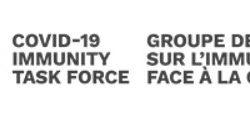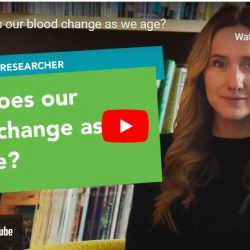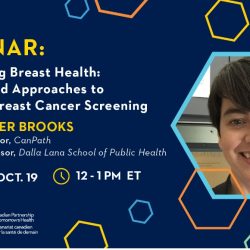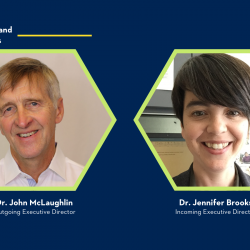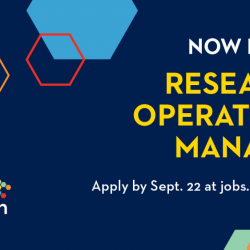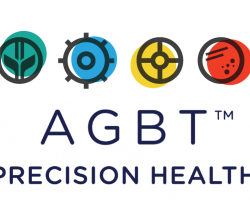CanPath has released its Fall 2023 newsletter! You can see updates from CanPath and its regional cohorts: CanPath News September 2023 – Nouvelles CanPath septembre 2023 (mailchi.mp). Updates from Atlantic PATH include: Attending and presenting at the Canadian Society for Epidemiology and Biostatistics (CSEB) Conference held in Halifax in June 2023. CanPath joining the COVID Global Mental Health Consortium that includes 23 international population health cohorts with more than 2.8 million participants! Researchers will work to address critical knowledge gaps related to the impact of policy, psychological and social factors on mental health during the COVID-19 pandemic.”This is an excellent opportunity for CanPath to be involved in such a large international mental health collective,” says Dr. Ellen Sweeney, Director of Research at Atlantic PATH. “We’re very fortunate to have engaged and enthusiastic participants from our regional cohorts, and more than 100,000 participants provided questionnaire data during the COVID-19 pandemic. The work of the COVID Global Mental Health Consortium will be impactful, and we’re thrilled to participate and contribute to this important research.” Atlantic PATH will lead and represent CanPath in this consortium, with analyses for CanPath being conducted in-house by Atlantic PATH’s Data Analyst, Yunsong Cui. Regional updates including three new publications Congratulations to Dr. Lonneke van Tuijl, Dr. Joost Dekker and team on their new publication with the first results from the Psychosocial Factors and Cancer Incidence (PSY-CA) consortium. This study includes 18 cohorts with more than 300,000 participants, including Atlantic PATH, the Ontario Health Study and CARTaGENE. Congratulations to Dr. Ivan Litvinov, Dr. François Lagacé and the team at McGill University on their new publication from the SunFit project. This study included Atlantic PATH participants and considered why Atlantic Canadians are at higher risk for developing melanoma. Congratulations to Kalli Hood and the team at Dalhousie University on their new publication. Kalli’s Master’s research found an association between a history of cancer and arsenic speciation/metallome exposure in the Atlantic PATH cohort. This work is part of its larger focus on environmental exposure and cancer risk and the use of toenails as an important biomarker.




